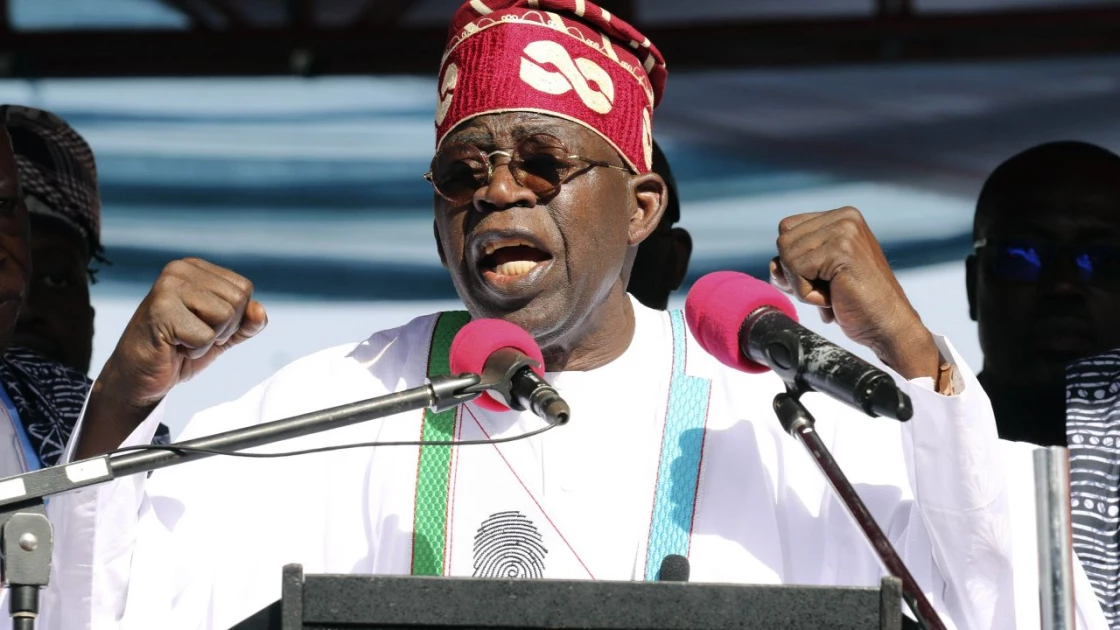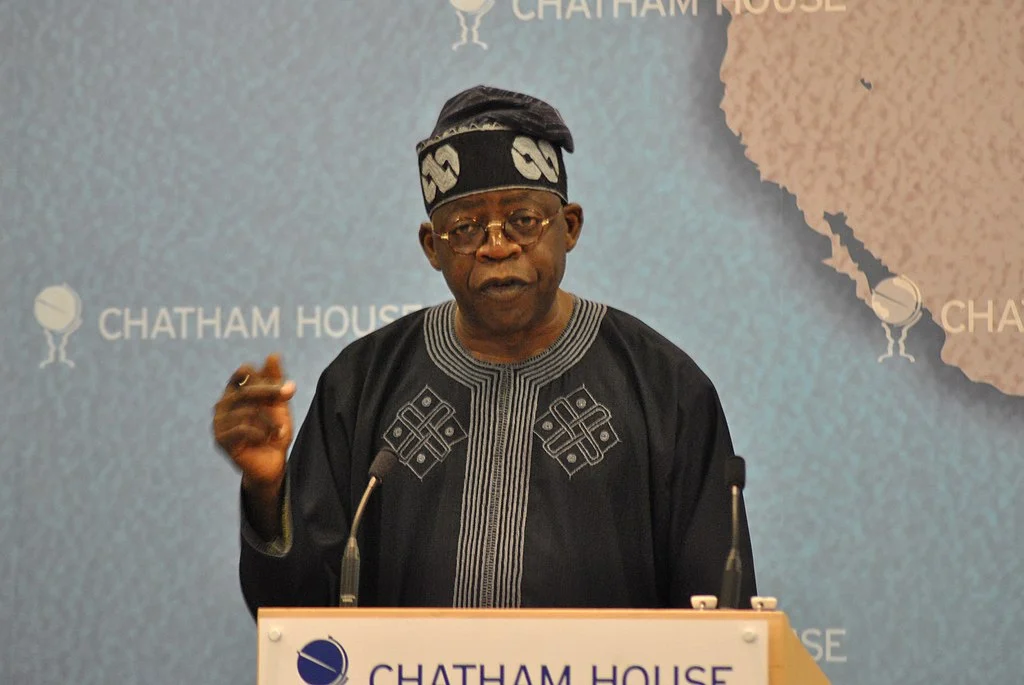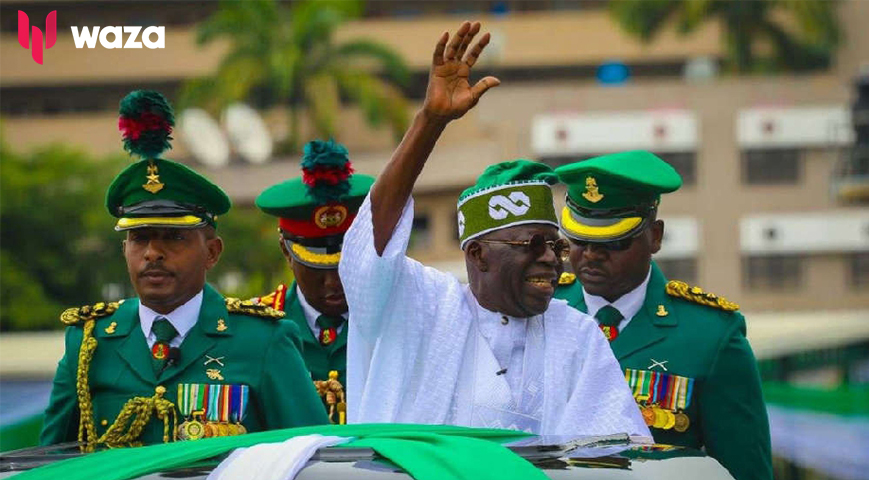Nigeria's presidential election tribunal is set to rule on whether Bola Tinubu should remain president on Wednesday after two competitors contested his victory in the disputed race in February.
Several legal challenges to the outcome of previous Nigerian presidential elections have been filed, but none have been successful. Most political commentators believe the tribunal would uphold Tinubu's victory.
Atiku Abubakar of the People's Democratic Party and Labour Party's Peter Obi asked the court to invalidate the election, alleging irregularities and accused the electoral body of breaching the law by failing to use electronic machines to upload polling station results, among other criticisms.
The tribunal, which will issue its decision in Abuja, has the authority to nullify an election and order a new one, among other remedies.

Did you read this?
If it affirms Tinubu's victory, Atiku and Obi can still file a final appeal with Nigeria's Supreme Court, the country's highest court. An appeal must be resolved within 60 days after the tribunal's decision.
The military set up checkpoints on main highways into Abuja ahead of the ruling, randomly checking people and vehicles.
Tinubu, who is in India for the G20 Summit, has defended his victory and stated that he is committed to restoring the economy. He has achieved measures such as eliminating a widespread but costly gasoline subsidy and repealing currency controls.
However, convincing Nigerians to accept the harsh reforms has been difficult, and the 71-year-old veteran is facing opposition from labor unions, who began a two-day walkout on Tuesday ahead of an indefinite strike starting Sept. 21.

Tinubu inherited from his predecessor, Muhammadu Buhari, anemic growth, high unemployment, the highest inflation rate in two decades, record debt, massive oil theft that has harmed government finances, and pervasive insecurity.
Fixing these serious issues requires public support. Tinubu received just 8.79 million votes, the fewest by a Nigerian president since the country's restoration to democracy in 1999, reducing public support for him.









